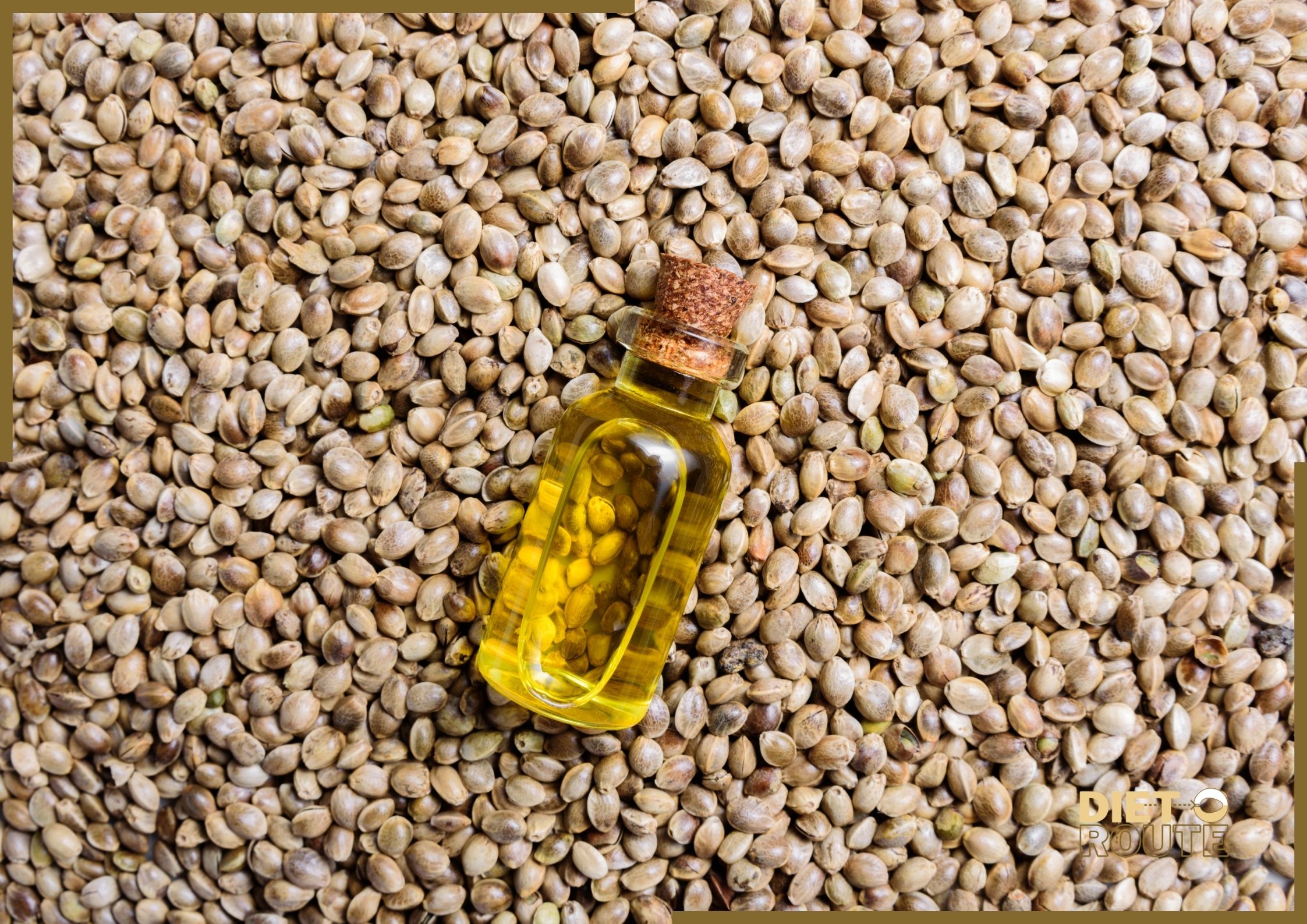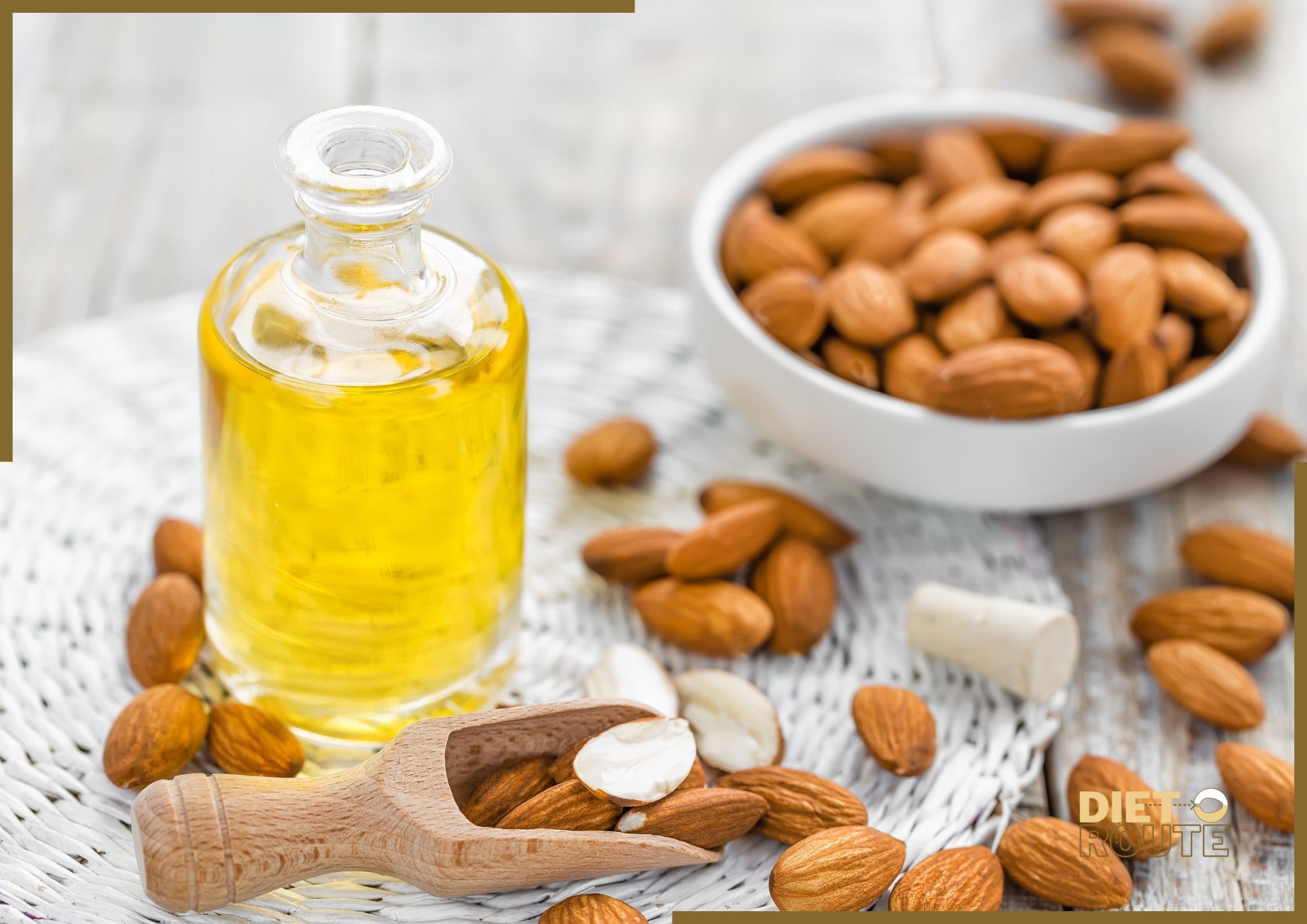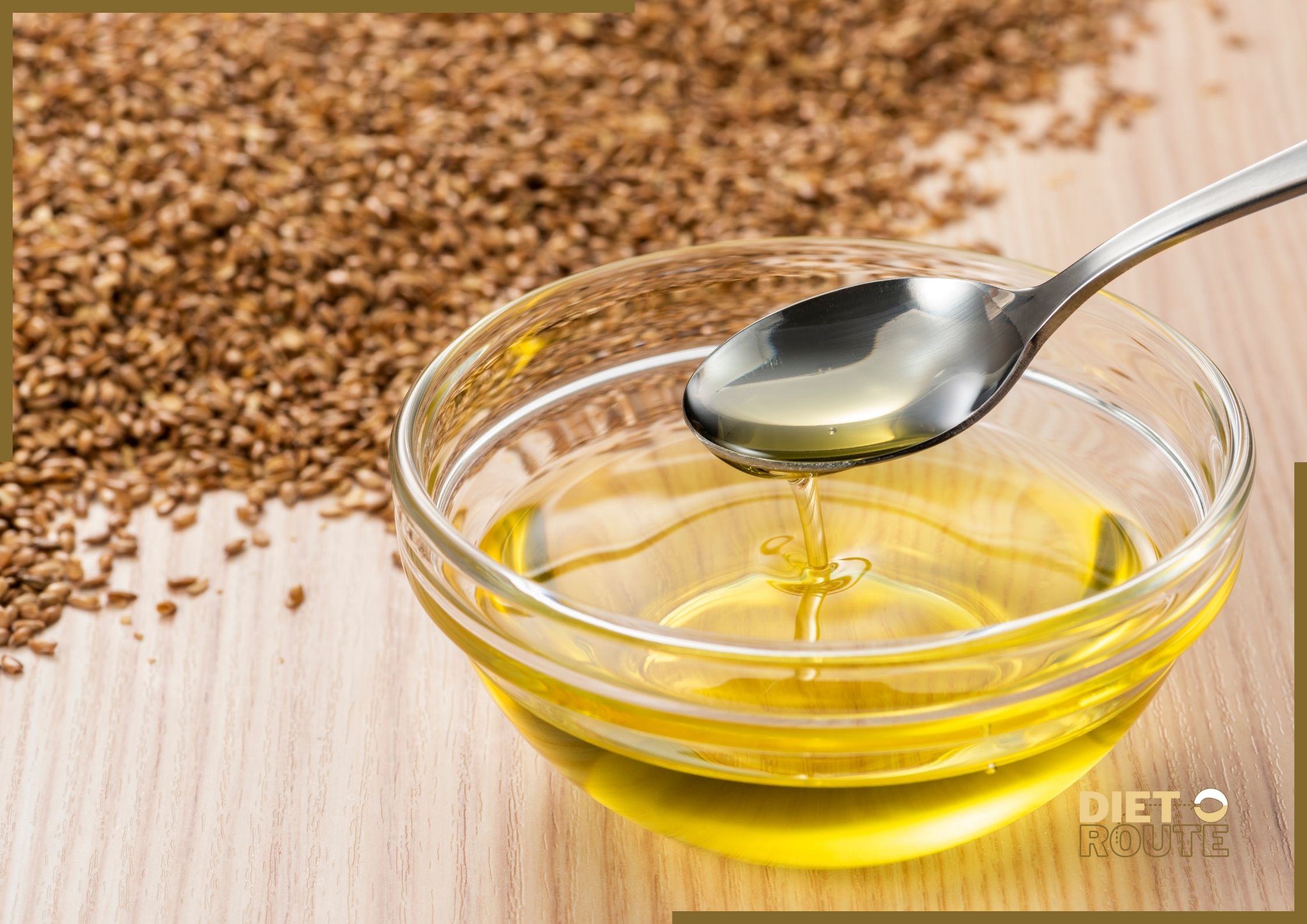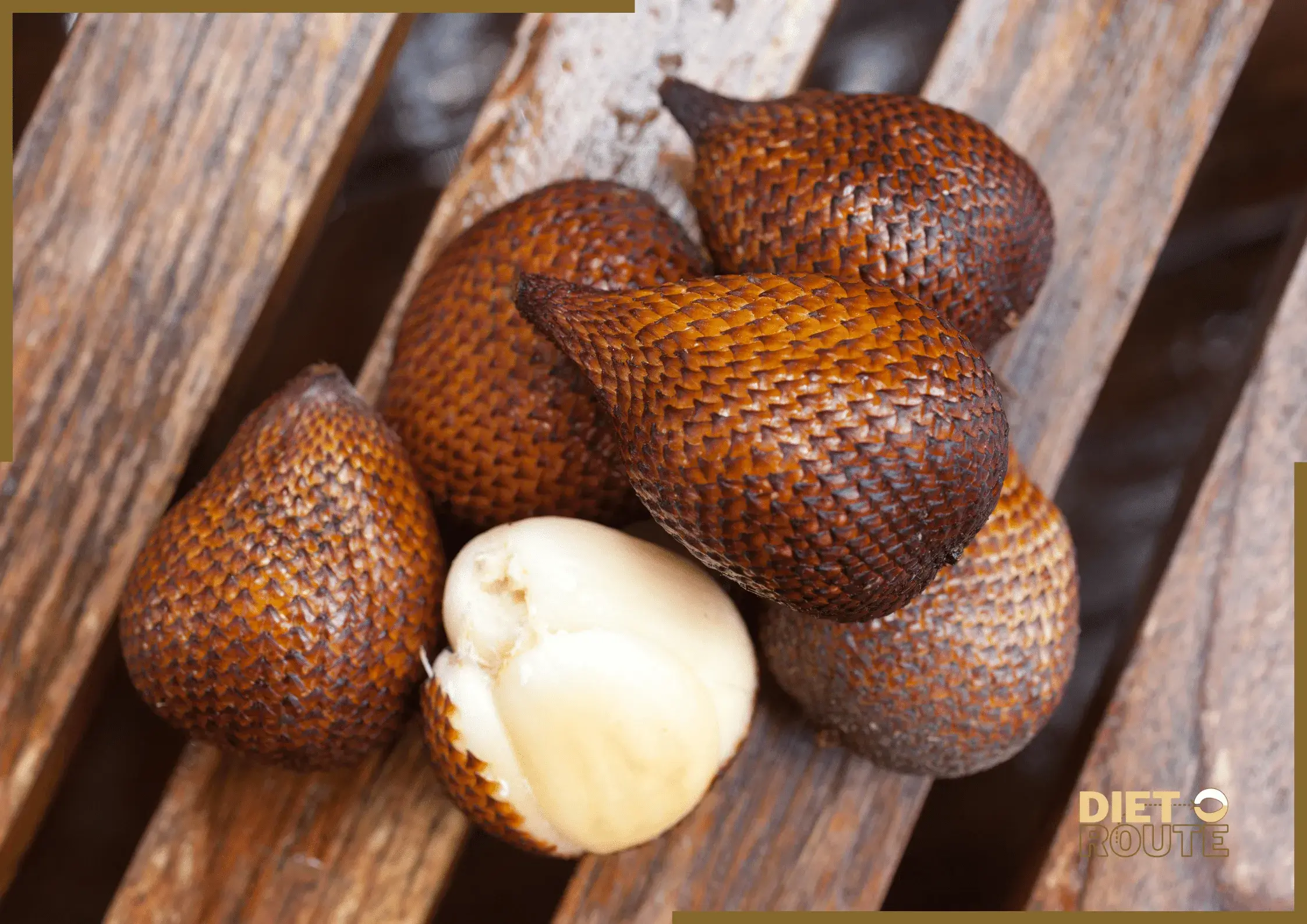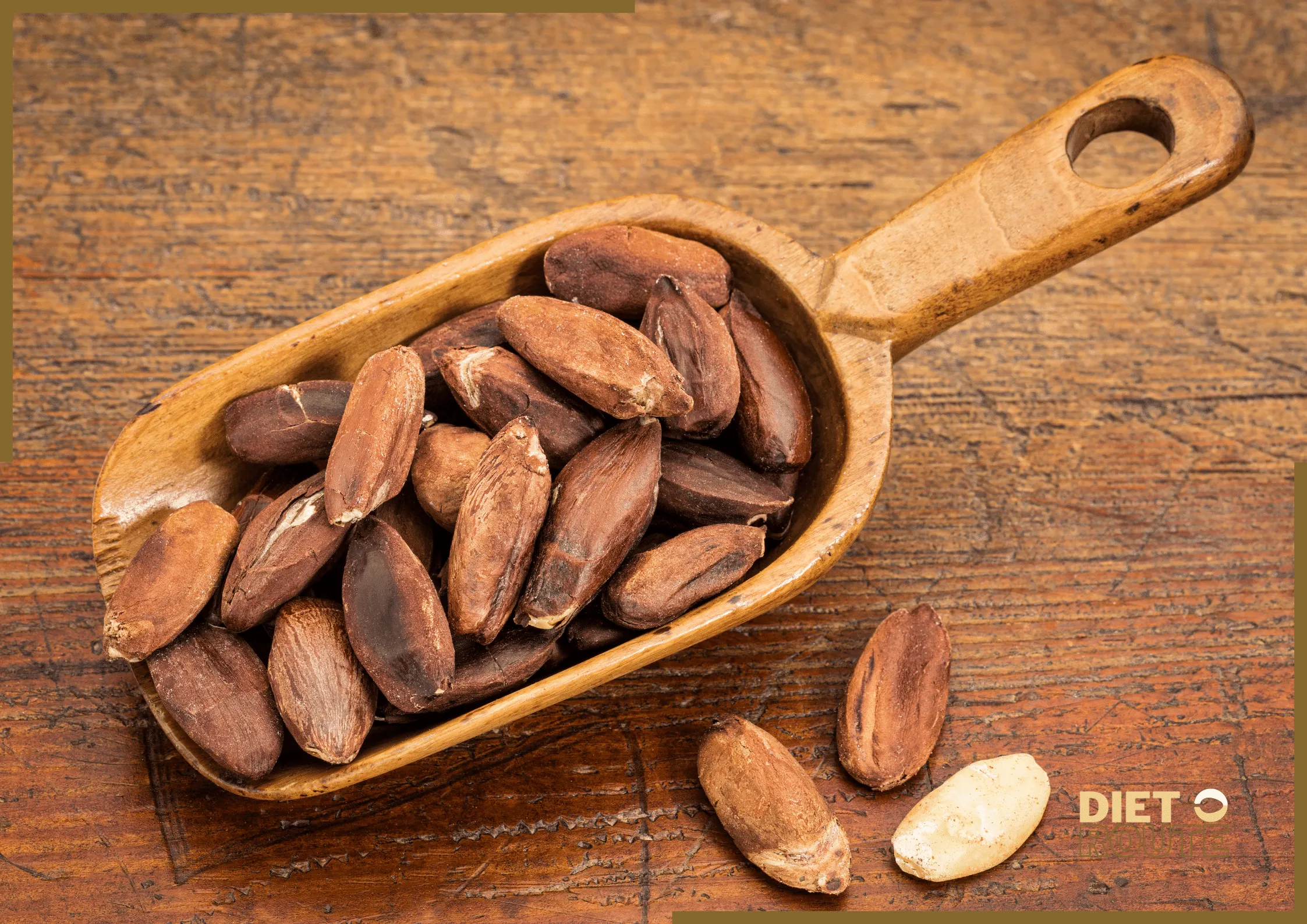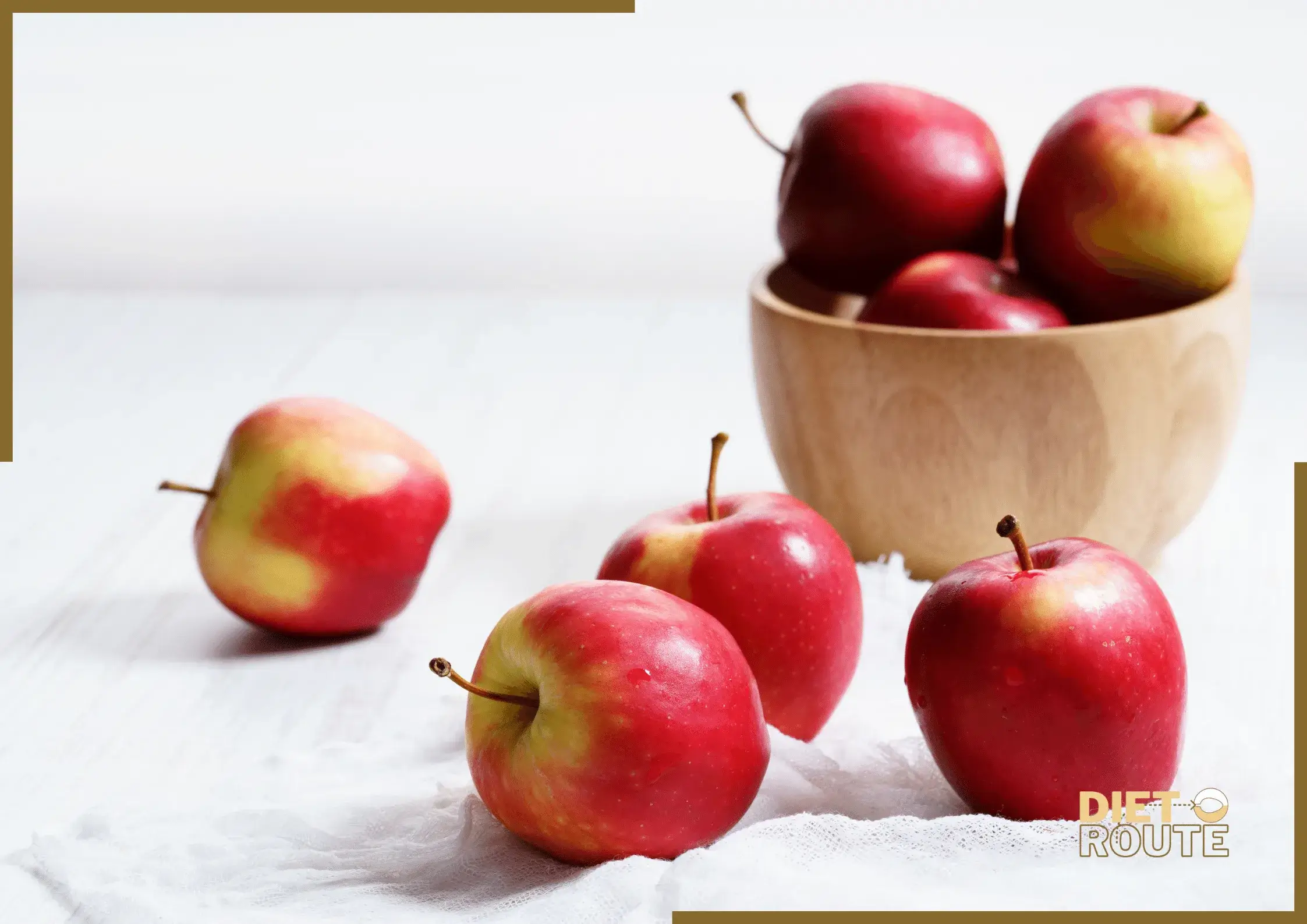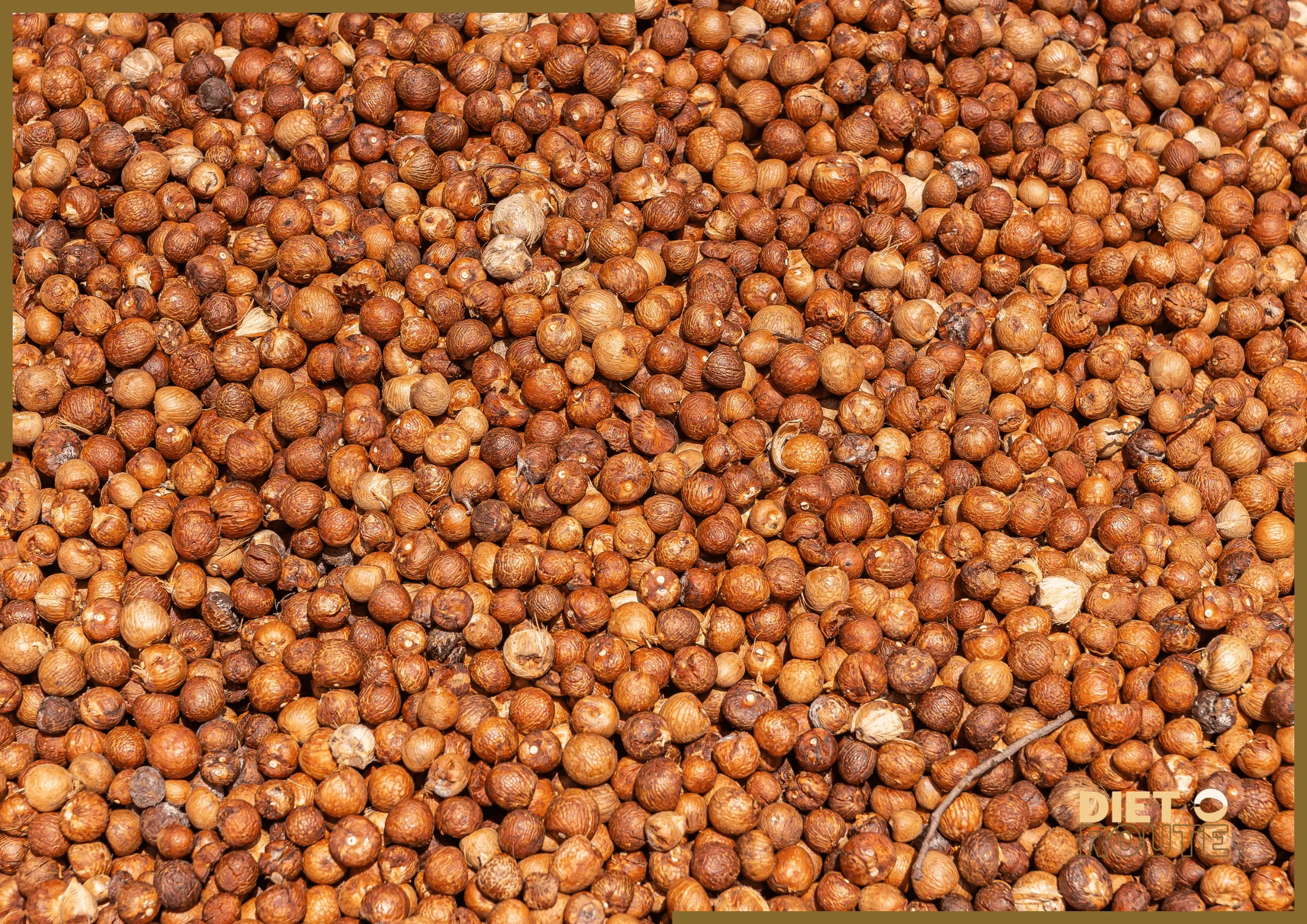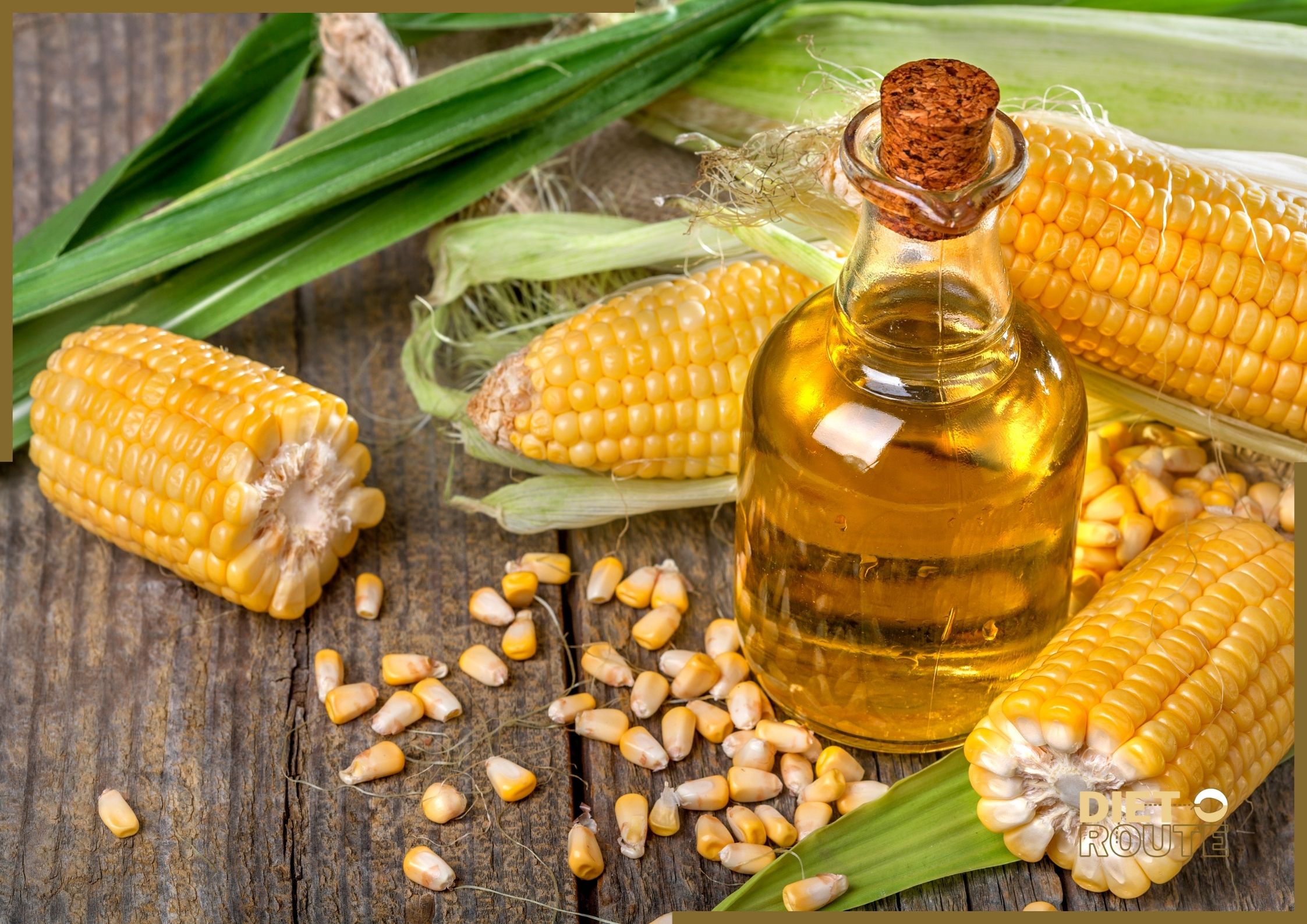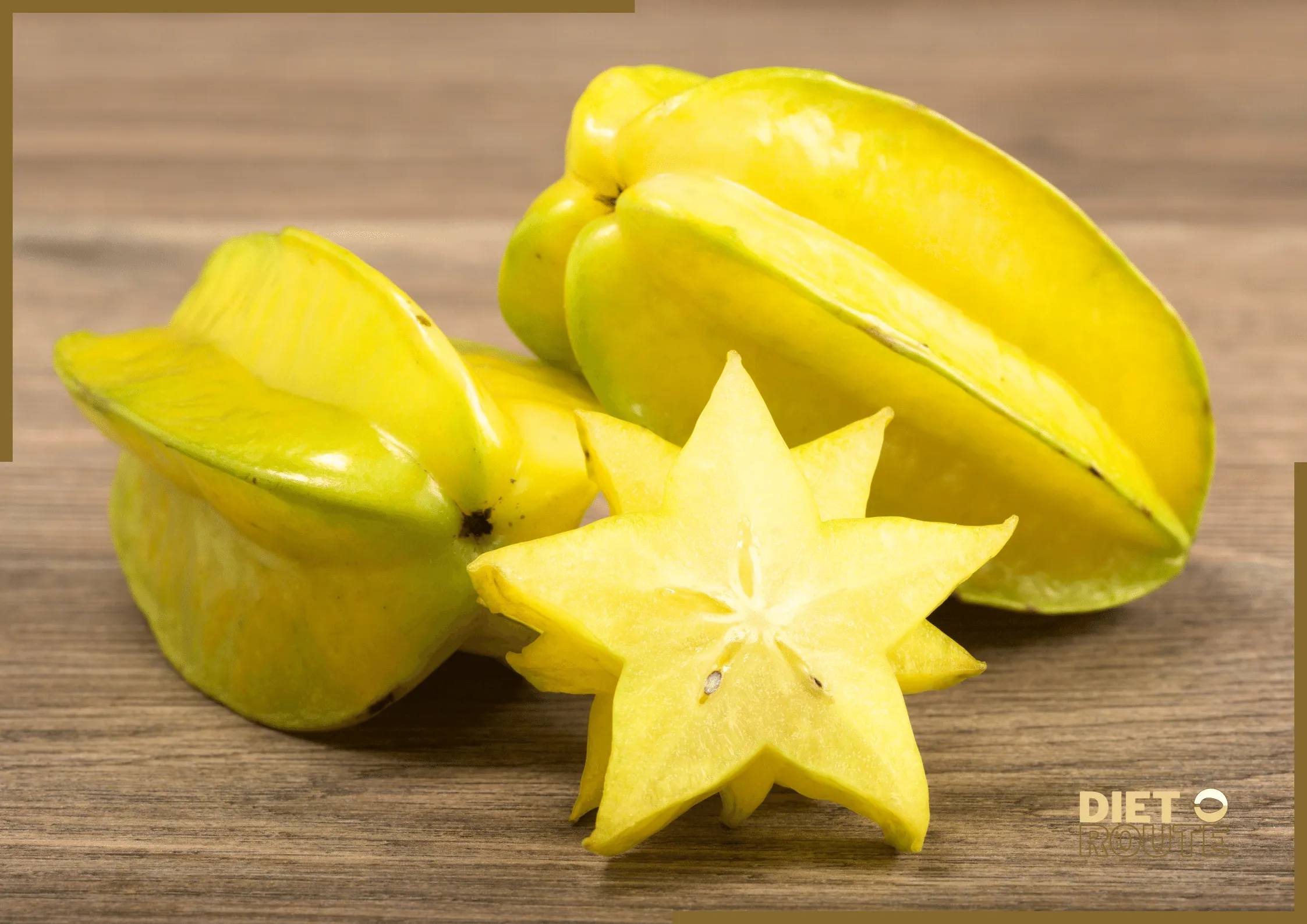Table of Contents
Introduction
Due to its potential health benefits and nutritional value, edible hempseed oil, which is derived from the seeds of the hemp plant, is becoming more and more popular. In this article, we will provide a thorough overview of the nutritional value, including a table showcasing its approximate composition per 100 grams. We will also talk about the pros and cons, answer some of the most common questions about it, and help you decide if you want to add it to your diet.
Nutritional Value Approximately 100g
| Nutrient | Amount Per Serving (1 tablespoon) | % Daily Value |
|---|---|---|
| Calories | 120 | 6% |
| Total Fat | 14g | 18% |
| – Saturated Fat | 1g | 5% |
| – Trans Fat | 0g | |
| Monounsaturated Fat | 1.5g | |
| Polyunsaturated Fat | 11g | |
| Cholesterol | 0mg | 0% |
| Sodium | 0mg | 0% |
| Total Carbohydrates | 0g | 0% |
| – Dietary Fiber | 0g | 0% |
| – Sugars | 0g | |
| Protein | 0g | 0% |
| Vitamin E | 20.3mg | 135% |
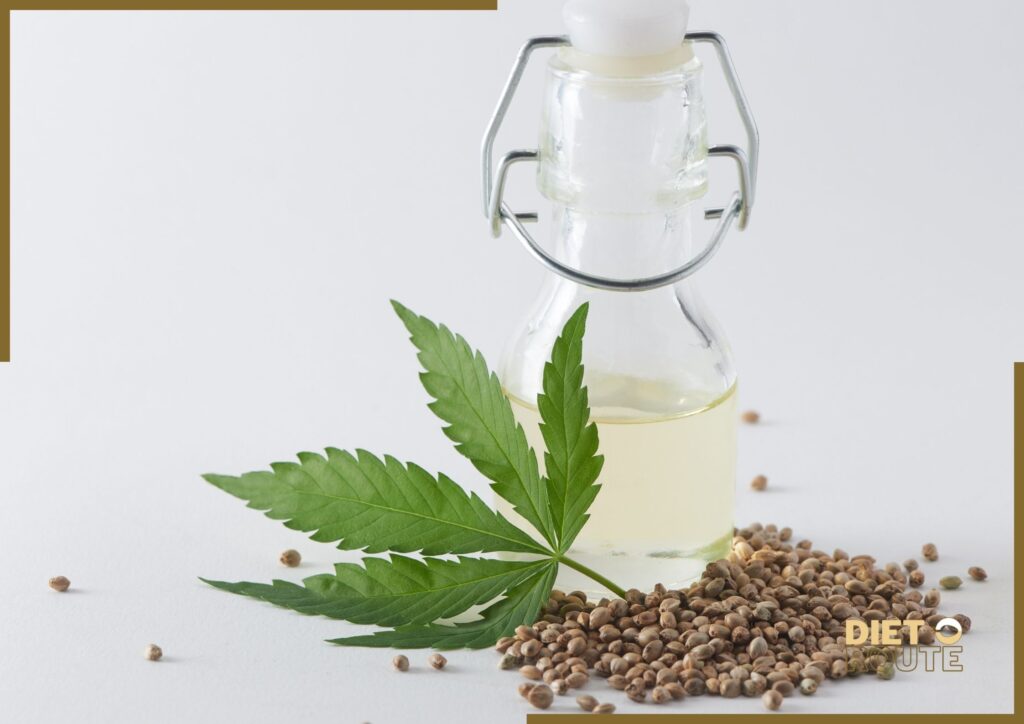
Pros
1. Omega-3 and omega-6 fatty acids, which are crucial for general health, are present in hempseed oil in a balanced ratio.
2. It is a good source of vitamin E, which is an antioxidant that helps keep cells from getting damaged.
3. The omega-3 fatty acids may lower the risk of heart disease and improve the health of the heart and blood vessels.
4. It contains compounds that have anti-inflammatory properties, possibly helping individuals with inflammatory conditions.
5. The fatty acids in it may help keep skin and hair healthy, which can improve their general look and condition.
Cons
1. Some individuals may be sensitive to or allergic to hempseed oil. Consult a health care professional if you have known sensitivities or allergies.
Frequently Asked Questions (FAQ)
1. Can you get high from hempseed oil?
No, it does not have THC, which is the substance in marijuana that makes you feel high. It is derived from hemp seeds, which have a small amount of THC.
2. Is hempseed oil safe for consumption?
Yes, it is safe for consumption and is officially available in many countries.
3. Can this oil be used in cooking?
It has a low smoke point and a mild flavor, making it more suitable for adding to smoothies, dressings, and salads. It’s not recommended for cooking at high temperatures.
4. Should this oil be kept in the fridge?
Yes, it should be stored in the fridge to maintain its freshness and prevent oxidation.
5. Is hempseed oil suitable for vegans and vegetarians?
Yes, it is plant-based and suitable for vegans and vegetarians.
6. Can hempseed oil help with arthritis or pain in the joints?
Some individuals report that this oil may help reduce inflammation and ease joint pain, but more study is needed to confirm this.
7. Can hempseed oil be put on the skin?
Yes, it can be put on the skin to keep it moist and improve its general health.
8. Does CBD come from hempseed oil?
No, there is no CBD in this oil. CBD is found in the hemp plant’s flowers and leaves, not in its seeds.
9. Can hempseed oil be used when you’re pregnant or nursing?
Before adding it to their diet, pregnant or nursing individuals should consult a health care professional.
10. Are there any potential drug interactions with hempseed oil?
Some medicines may not work well with this oil. Before consuming, it is best to consult a health care professional if you are currently taking any medications.
In A Nut Shell
Due to its nutrient-rich makeup and healthy omega-3 fatty acid profile, edible hempseed oil has a number of health benefits. It can help keep your heart healthy, give you essential fatty acids, and contribute to your overall health. When adding it to your diet, it’s important to think about the calories and exercise in moderation. As with any diet change, it is recommended to consult a health care professional for personalized advice, especially if you have specific health conditions or concerns.
